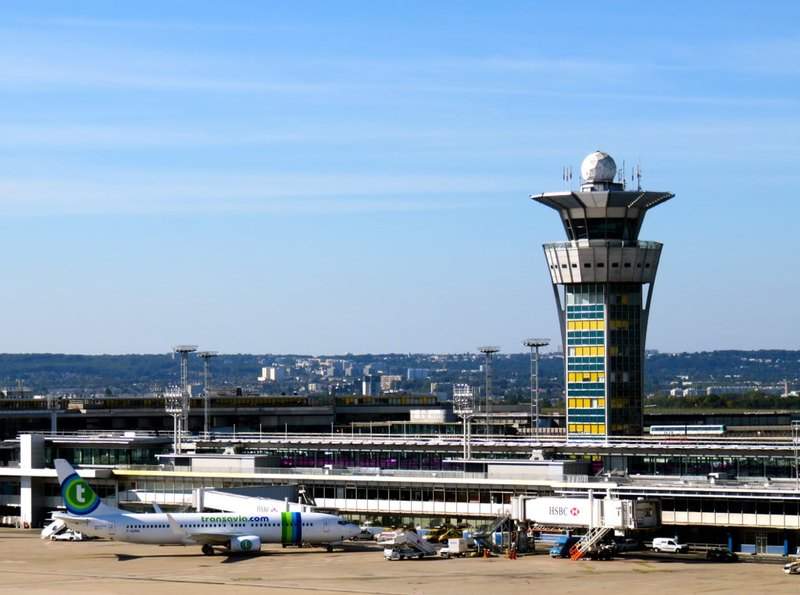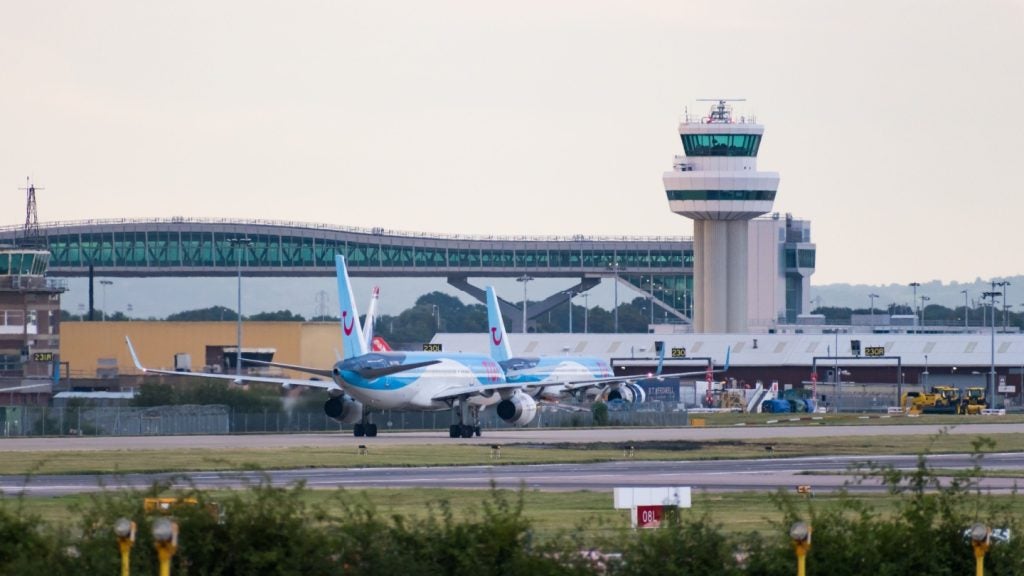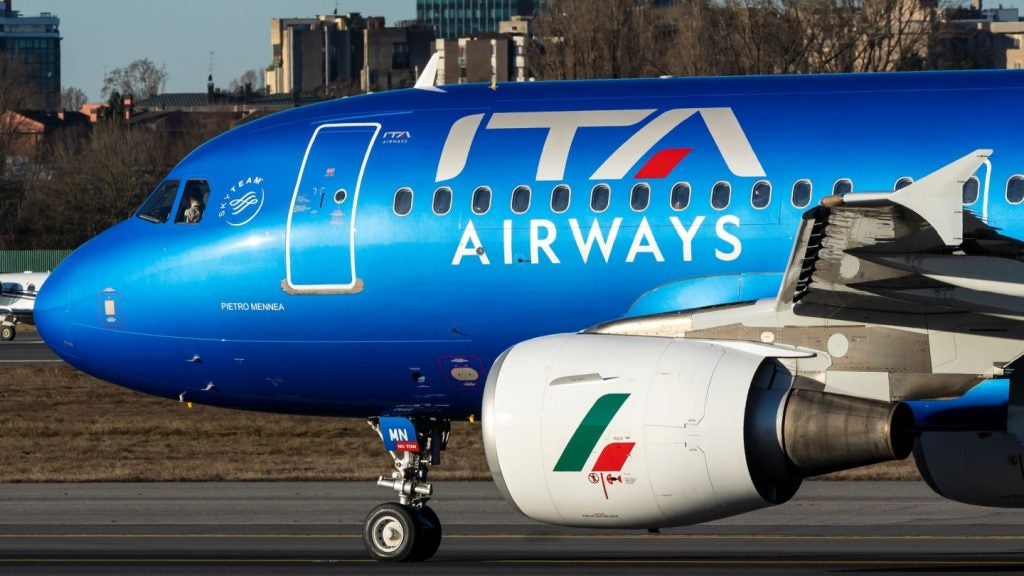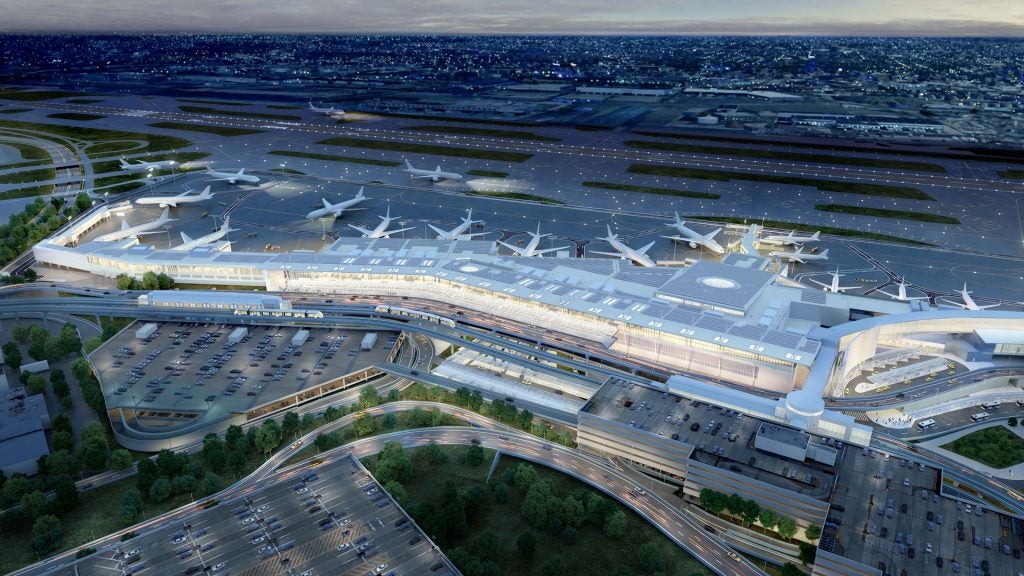
This summer, European airports were in chaos after new security measures were implemented for travellers entering or leaving the Schengen zone, the section of Europe comprising most EU countries, apart from Ireland and the UK.
Announced in April, EU Regulation 2017/458 required the passports of non-Schengen passengers to be scanned when arriving and leaving airports in the region from October. As airports have taken this on-board, processing times for passengers have increased dramatically, leading to long queues at border controls, delayed flights and missed connections.
In the wake of delays, airlines have been forced to re-book passengers stuck at border control on to the next flight, wreaking havoc on their operations. What’s more, the security measures have led to an increasing number of passengers claiming money back from airlines for delays under EU Regulation 261/2004, despite it not being the operators’ issue.
“Particularly for a lot of the busier airports, especially the main EU hub airports, and with the increased traffic with the holiday season, it’s had a knock-on effect,” says Christopher Mason, policy and technical manager at the European Regions Airline Association (ERA).
“What’s concerned us as an association is that the number of delayed flights because of these border controls is over 90% now compared to last year, and with these further border control enhancements that are being brought in we reckon this is actually going to increase even further, so it is a concern for us.”
How well do you really know your competitors?
Access the most comprehensive Company Profiles on the market, powered by GlobalData. Save hours of research. Gain competitive edge.

Thank you!
Your download email will arrive shortly
Not ready to buy yet? Download a free sample
We are confident about the unique quality of our Company Profiles. However, we want you to make the most beneficial decision for your business, so we offer a free sample that you can download by submitting the below form
By GlobalDataThe ERA was one of several airline associations, including IATA, A4E, AIRE and ACI Europe, to send an open letter to the EU urging member states to take the necessary measures to minimise inconvenience to travellers.
Border staff to the rescue
As Mason highlights, the drive from the EU to put more secure border controls in place makes sense, but it is the “chaotic implementation” of the new regulation which has been the problem.
“Basically what the EU is asking to do is have more enhanced border security controls put in place, which from a security point of view isn’t a bad thing, but the trouble is the impact it’s having on the industry.”
In particular, Mason believes the transition period for the controls to take effect has been too short, as member states were required to comply with new EU rules by October 2017. This prompted many airports to begin scanning passports for non-Schengen travellers early, despite lacking the resources needed to keep processing passengers at a functional rate.
“In the busy summer months the number of passengers increases,” says Mason. “You’re talking about over 300 million passengers per year going through these systems and that’s only going to increase as every year the number of air passengers travelling by air is increasing, especially in the EU. It’s increasing at a phenomenal rate, so along with that you need to have more security systems and checks put in place.”
Airline associations have called for member states to ensure that more border staff are deployed at airports as soon as possible. According to the ERA, the issue has highlighted the fundamental lack of staff at airports, not just with regards to the regulation but due to the increasing numbers of passengers travelling through European airports overall.
The open letter also urged member states to consider the further deployment of automated border control gates, particularly at secondary airports where non-Schengen traffic is significant. However, Mason highlights the difficulties involved with adding these resources to airports at such short notice.
“The trouble from an airport point of view is that they employ these people and then there’s an additional cost for manpower, and then of course you’re not looking at just putting someone in a job there, there’s other things to bear in mind as well,” he says. “There is a cost imposed obviously whenever you start talking about automation and automatic gates.”
Advance passenger information
Optimising checking processes and the use of technology at airports is the best way to boost processing times, according to Security Networks principal Frank Steffens.
“The border police forces are doing very good work, and taking every possible step to ease the situation,” he said in a statement. “Advanced technology is helping them to do this: in particular, reading and checking the chips contained in the passports represents a huge win in terms of security, with moderate time needed for checking.”
“Database queries in background systems should be enhanced with respect to the response speed and reduction in the number of irrelevant hits. Automated kiosk systems can be used to record identification and biometric data in advance.”
The EU regulation does state that the identities of non-Schengen passengers can be checked against advance passenger information (API) they have provided beforehand, a method some airlines already use to speed up online boarding pass and check-in procedures.
“A lot of checks are already done automatically in the system because the API data is there already so it doesn’t have to cross-check against anything,” says Mason.
Airline associations have called for member states that are collecting API, such as Spain and France, to make use of this provision, as the advance verification could speed up controls for EU passengers on inbound flights. Nevertheless, different regulations and views among EU member states of the security risks involved with API have prevented many airlines from acquiring this data.
“For some airlines, when you check in online you have to input this data before you can go to the next screen and create your boarding card, but it’s then what happens to that data and it varies from state to state,” says Mason.
“That’s the trouble with the EU; there’s so many different member states doing different things. It’s not a level playing field unfortunately.”
Security vs speedy boarding
At the time of writing, the EU regulation has come into effect, requiring airports to extend their passport scans for all non-Schengen passengers. Copenhagen Airport is currently building two new passport control areas to triple its capacity in anticipation of increasing passengers, but is expected to experience longer queues in the meantime.
The US is also taking steps to heighten security in compliance with government requirements to avoid an in-cabin ban on laptops. Airlines claimed that the new measures, which could include short security interviews with passengers at boarding or check-in gates, could cause delays for the 325,000 airline passengers arriving daily in the US.
With the same issues being reflected across the pond, does Mason believe there is always a compromise required between security and faster boarding times for passengers?
“With the right amount of resources, it’s possible to have both things,” he says. “Can you ever have watertight security? You should be able to, but certainly with the amount of resources in place passengers should be able to transfer through the security system with minimal delays and then be able to catch the flight they booked themselves on without missing it.
“So I believe it can be done, but it goes back to my earlier point; member states need to look at this and they need to allocate enough human resources or systems to make sure this works.”
Mason was not able to comment on how EU member states had responded to the open letter. However, with the EU Commission’s commitment to a so-called ‘Entry/Exit’ system that will significantly increase requirements on border control processes by 2020, there could be further challenges ahead for European airports.







